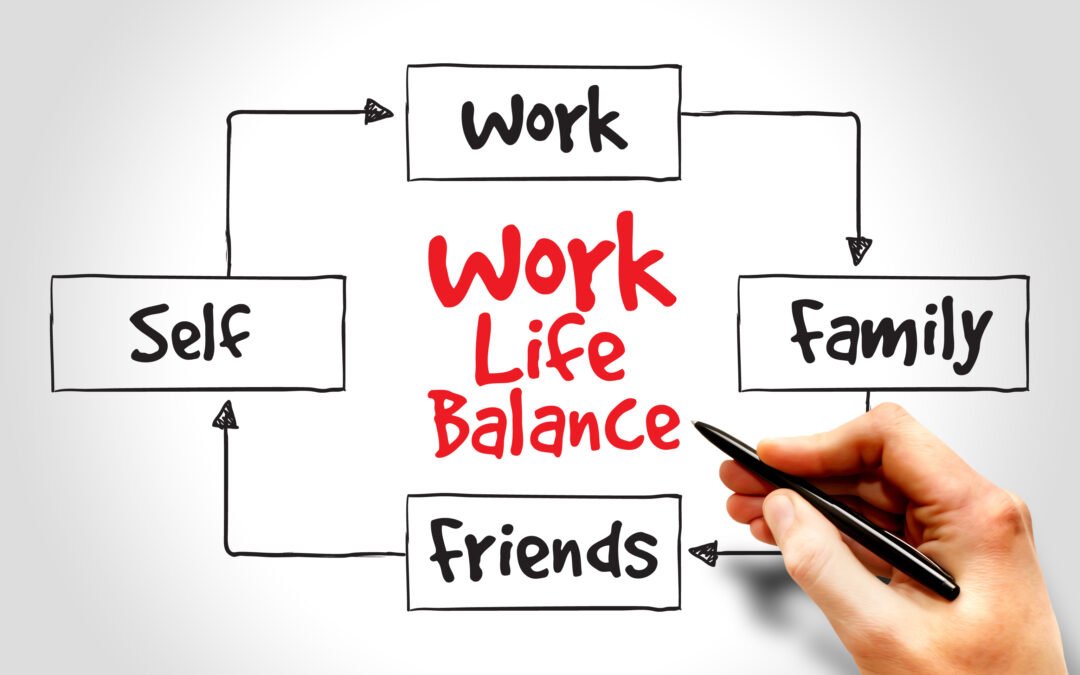
Finding Balance: A Key to Enhancing Men’s Mental Health

Finding Balance: A Key to Enhancing Men's Mental Health
Finding Balance: A Key to Enhancing Men’s Mental Health
In today’s fast-paced world, the demands of work can often overshadow the equally vital aspects of personal life. As a clinical psychologist specialising in men’s mental health, I’ve observed a concerning trend: the impact of unbalanced work-life dynamics on the mental well-being of men across various professions. It’s time we address this issue and highlight the importance of achieving a healthy work-life balance.
The Silent Struggle
Men have long been conditioned to equate success with hard work and dedication to their careers. While resilience and ambition are admirable traits, they often come at the cost of personal fulfilment and well-being. The pressure to perform professionally can lead to chronic stress, anxiety, and even depression, creating a silent struggle that many men endure alone. It’s essential to recognise that a fulfilling life stems from balance, not overextension.
Understanding the Costs
When work dominates, other critical areas of life, such as relationships, hobbies, and self-care, are often neglected. Over time, this imbalance can erode mental health, leading to burnout—a state of physical and emotional exhaustion. Burnout can cause a decrease in productivity, a sense of detachment from work, and increased cynicism. More importantly, it can severely impact relationships with family and friends, further isolating individuals and exacerbating mental health challenges.
The Importance of Balance
Achieving a healthy work-life balance is crucial for maintaining mental well-being. Here’s why:
- Stress Reduction: Allocating time for relaxation and leisure activities helps to alleviate stress and recharge the mind.
- Enhanced Relationships: By prioritising time for family and friends, men can build stronger support systems, which are vital for emotional health.
- Improved Productivity: A balanced lifestyle fosters creativity and innovation, leading to better performance at work.
- Personal Growth: Pursuing hobbies and interests outside of work contributes to personal development and satisfaction.
Practical Steps Towards Balance
Here are some practical strategies that can help men achieve a better work-life balance:
– Set Boundaries: Clearly define work hours and stick to them. Resist the urge to take work home or engage in work-related activities during personal time.
– Prioritise Health: Regular exercise, a balanced diet, and sufficient sleep are crucial components of mental and physical health.
– Unplug Regularly: Designate time each day to disconnect from digital devices and social media to foster mindfulness and presence.
– Communicate Needs: Openly discuss your work-life balance goals with employers, colleagues, and family members to find mutually supportive solutions.
– Seek Support: Don’t hesitate to reach out to mental health professionals if you’re feeling overwhelmed. Therapy and coaching can provide valuable insights and coping mechanisms.
Conclusion
Achieving work-life balance isn’t just a personal goal; it’s a societal need. As we aim to promote men’s mental health, it is crucial to encourage environments where balance is not only accepted but encouraged. By doing so, we pave the way for healthier, happier communities where individuals can thrive both personally and professionally. Remember: balance is not a destination but a continuous journey that contributes significantly to one’s overall well-being.
I invite you to take the first step today—acknowledge the importance of balance and make it a priority. Your mind and body will thank you for it.


